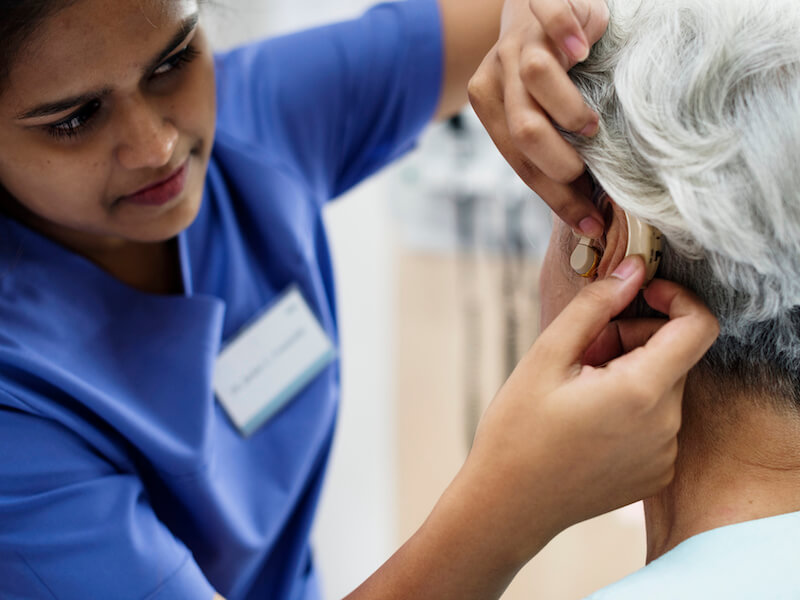
If you use hearing aids but you’re still having difficulty hearing, your hearing aids may need professional repair.
You take good care of your hearing aids. You’re really cautious with your hearing aids. You charge them nightly and clean them every day.
That’s why it’s so irritating that, abruptly and distressingly, your hearing aids aren’t working the way they should. Thankfully, there are some things you can do to resolve the issue. Just remember: avoiding damage is your number one job (or you may have to get new ones).
Your Hearing Aid Might Need Troubleshooting
Make sure you consult with your owner’s manual when doing maintenance and troubleshooting because every model of hearing aid can be a bit different. Here are a few things you can check on most models:
- Look for noticeable damage: Check if there are any visible loose components or cracks around the shell of your hearing aid. Cracks could allow moisture in and may be an indicator of additional damage.
- Keep your microphone clear: Check for anything obstructing the microphone of your hearing aid. A blocked microphone can cause feedback or can cause your hearing aids to sound broken or silent.
- Wax accumulation: Perform a visual examination of your hearing aid to ensure that there is no wax accumulation interfering with standard functionality. Even if you do regular cleaning, occasionally wax can accumulate rapidly, so it’s worth ticking this off your list.
- Check your battery: Even if you know your hearing aids spent the night on the charger, you’ll want to double-check the battery power. Even rechargeable batteries need to be replaced eventually and sometimes you might not have them inserted fully.
Each of these problems will have a unique strategy so consult your owner’s manual. In certain cases, you might be able to perform maintenance on your own. (Your owner’s manual is the best place to begin.)
Does my Hearing Aid require Repair – How do I Know?
Your hearing aid will probably require professional servicing if you continue to have problems with it after doing these basic maintenance tasks. Because you depend on your hearing aids for all of your everyday conversations and social activities, this probably doesn’t sound very appealing.
But it’s beneficial to recognize that repair doesn’t always mean sending your hearing aid out for repair. Sometimes, we can repair it while you wait.
Meaning, in some cases, you’ll be able to bring your hearing aids in for professional help and get them back within a few minutes or hours (this is why it’s a good idea to bring your hearing aid in so we can assess the damage).
There are still some cases where such rapid repair isn’t possible. And on those occasions, you might find yourself in need of a backup pair of hearing aids. An old pair may be able to do a decent job as a backup so bring them in with you if you have a pair. We might even have some we can loan you while you wait.
Don’t Wait to Get Help For Your Hearing Aids
If your hearing aids are beginning to fade, the audio quality is starting to falter, it’s crucial to have it repaired.
If you do this you will be more likely to avoid any downtime. Untreated hearing loss can impact your general health, including your mental health. An even more significant worry is that your hearing will get worse as your hearing aids sit ignored in a drawer.
The best way to get the maximum help from your hearing aids is to keep them functioning at their highest quality. And the best way to do that is to keep them clean, keep them charged, and, when needed, take your hearing aids to get some professional help.